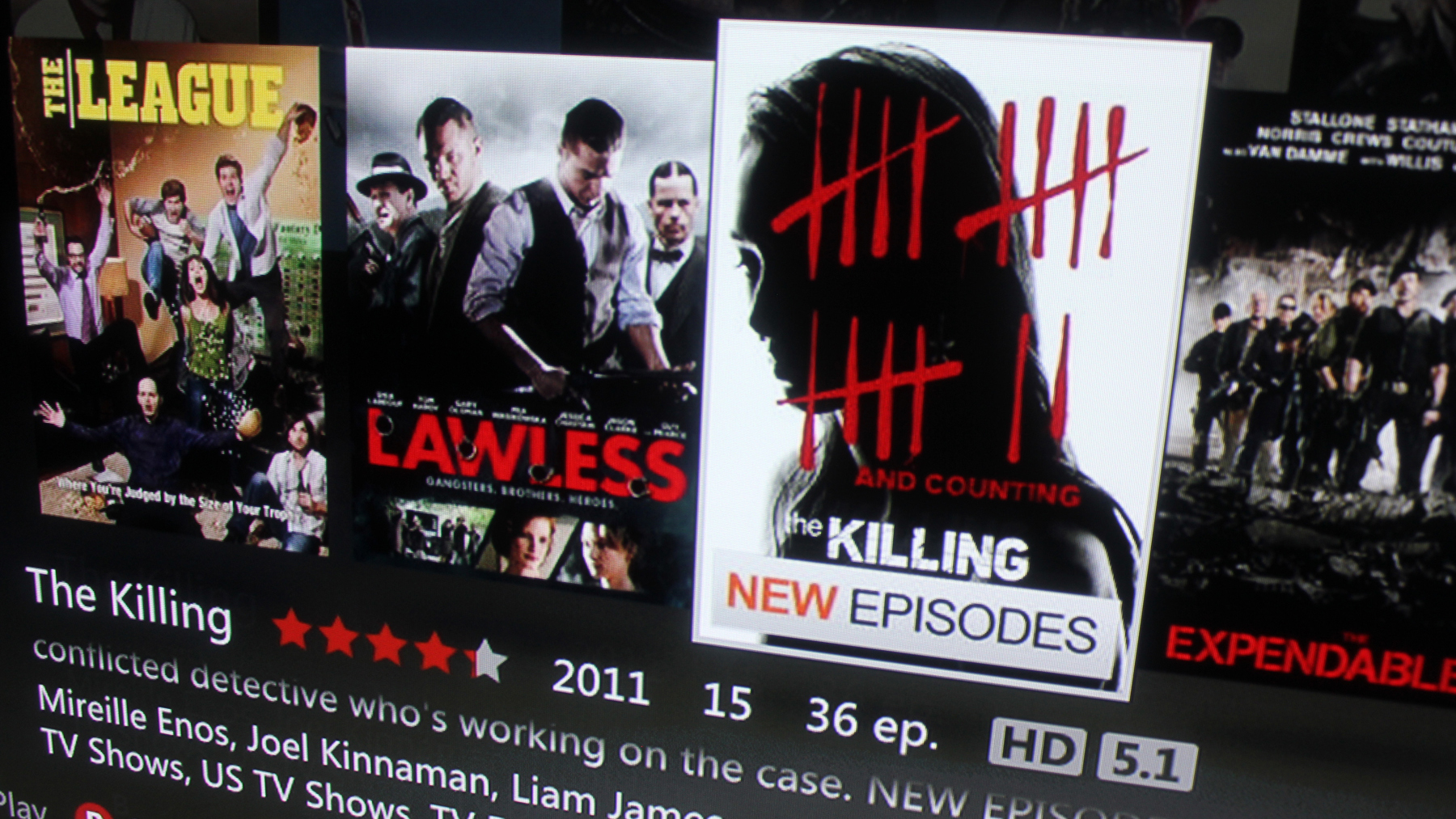Movie piracy in the UK: what's the film industry doing?
Online piracy is rife but education may be the key

Why do people pirate movies? It's an age-old question with an answer that always seems to boil down to: because it's free.
The Industry Trust in the UK doesn't see it this way, though. In its studies it has seen that the most prolific illegal downloaders are also the ones who go to the cinema the most. They love movies, regardless of where or how they watch them.
So, is illegal downloading all about availability and convenience? A new website has popped up with the sole purpose of crunching the data surrounding illegal downloads on the web, and its findings seem to point to this.
PiracyData.org looks at what is being downloaded and tries to come up with a reason some films are chosen and some aren't. The conclusion of its latest figures is stark: out of the top 10 illegal downloads, none were available to legally stream anywhere, while just 53% of the most-pirated movies were available in digital form.
It's not conclusive that a lack of availability is the reason these movies – with Pacific Rim topping the chart – are on this list, but it is certainly a factor.
Finding films
In the UK, FindAnyFilm is a site that is trying its best to combat illegal downloads by offering a comprehensive database of movies and where you can find them to watch legally – whether on the web, bought from a retailer or at the cinema.
Its latest push is to get movie sites and the like to make use of a FindAnyFilm widget on their website, so that filmgoers can find out where to get a movie as soon as they read about it.
Sign up for breaking news, reviews, opinion, top tech deals, and more.
"In the 10 years since the Industry Trust was set up we have seen piracy hugely change, from counterfeit sellers on the high street to the move online, and the way we look to engage audiences changes as well," explains Liz Bales, Industry Trust for IP Awareness.
"The Digital Economy Act hasn't been enforced, it is still stuck in the Treasury – so there is no change in ruling from the government on the way.
"With the arrival of Netflix there is a whole new range of ways that you can get content. What we are trying to inspire people through legal channels and directing them where to go."
Beware of the silver surfers
A big concern for the Industry Trust at the moment is not your typical illegal downloader – 35 and under, predominantly male – but those who are older, perhaps new to the idea of downloading or streaming movies.
The Industry Trust is hoping it can target the 40 plus category that currently use Google to 'find any film' and click on the first link that comes up, which is inevitably an illegal torrent.
"We are seeing a lot more infringement in the 40 plus," says Bales. "They tap film titles into the search engine and then become involved in piracy that way.
"Encouragingly, though, those people who have been exposed to the education are twice as likely to buy rather than infringe."
This education does seem to be key and also shows the inherent problems with digital downloads at the moment: as there are myriad stores offering up DRM-heavy files, downloading movies for consumption isn't a great experience.

TechRadar spoke to Twentieth Century Fox's Keith Feldman recently about this situation and he is hoping the movie industry's backing of Digital HD – a hi-def download that can be downloaded and streamed from the cloud – will make things easier.
"Digital HD should be seen like Blu-ray," explained Feldman. "When you buy a movie digitally that should be Digital HD. Some digital consumers are worried about whether or not what they are getting so we are hoping that Digital HD will stand for quality, affordability, authenticity and all the benefits."

Marc Chacksfield is the Editor In Chief, Shortlist.com at DC Thomson. He started out life as a movie writer for numerous (now defunct) magazines and soon found himself online - editing a gaggle of gadget sites, including TechRadar, Digital Camera World and Tom's Guide UK. At Shortlist you'll find him mostly writing about movies and tech, so no change there then.